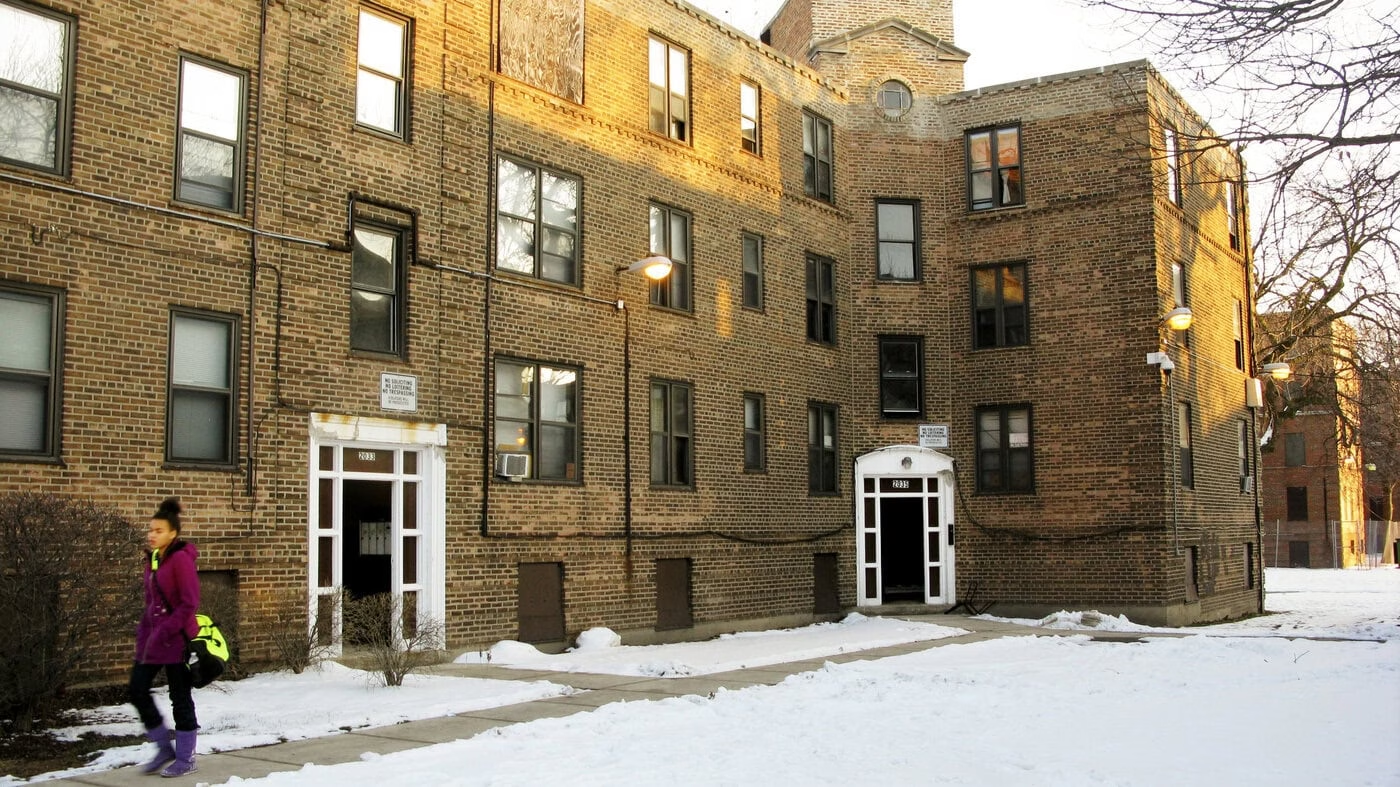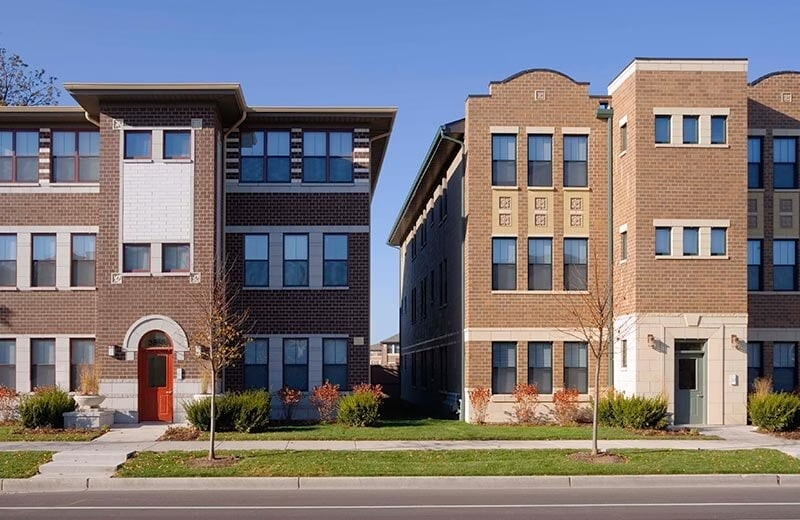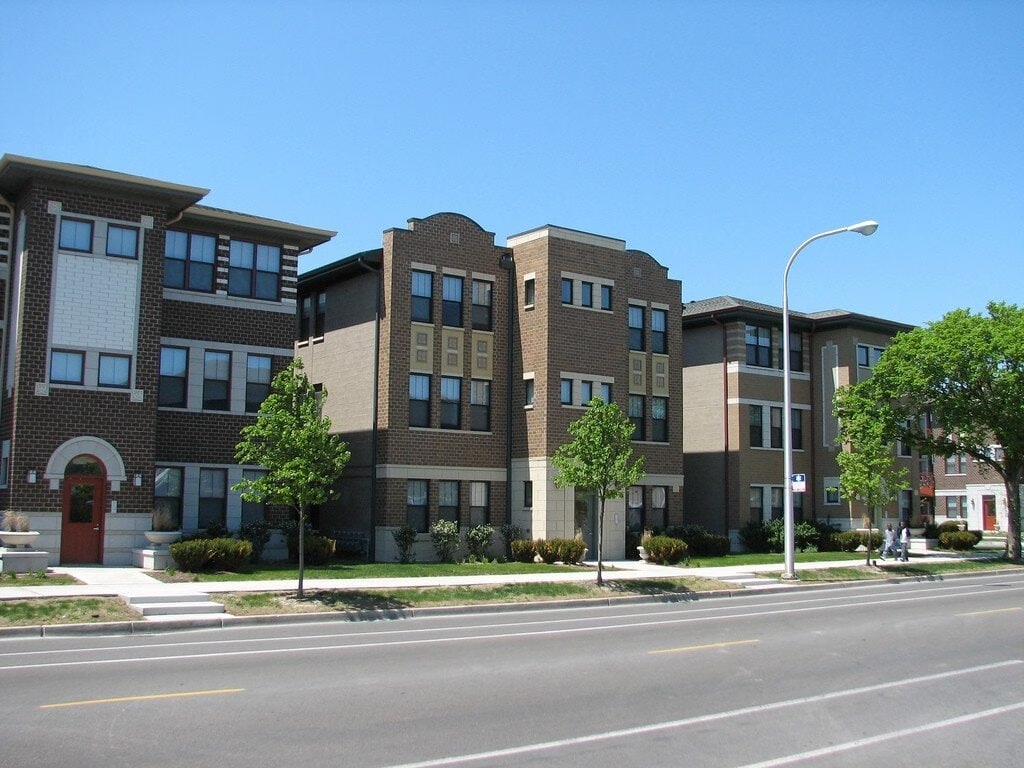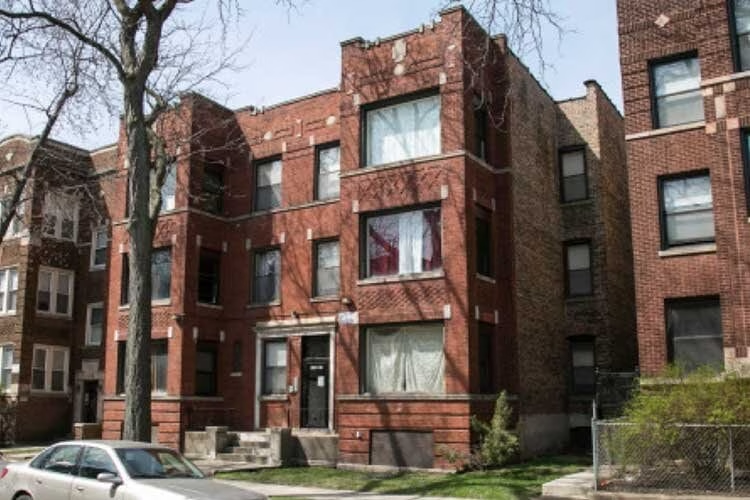Housing in Chicago

Chicago housing
Like some other housing markets, the housing market in Chicago is still recovering from the latest recession. It’s not like it was in the late 80s and early 90s when Michael Jordan drew thousands to the city. The Windy City’s future hangs on the knife-edge of wavering political doubts of 2019 and the forthcoming election in 2020.
Saddled with shaky financials, rising violent crime, and high taxes, the Windy City is hemmed in by increasingly restrictive government regulation. Until only a few years ago, Chicago was burdened with a dearth of investment and construction. With sagging employment and wages, there’s not much to inspire builders to erect new houses in this metropolis with a GDP of 700 billion dollars and a population of 3 million people.
In spite of all the above issues, Chicago’s housing market is like others and might be worth looking into for its asset appreciations forcast (albeit modest) and potential for rental income.

As of last November, rent in Chicago grew 2.5%. In stabilized assets, over 12 months occupancy dipped only 20 basis points, tagging 95% as October. Up to November more than 5400 apartment homes had been released. While deliveries have come to a turtle’s pace—especially in the region wherein Millennials (the loop) are seeking apartments, costs have increased.
Inevitably a shortage of apartment rentals will happen in spite of a lot of recent construction. In 2020 and 2021 the number of completed rental units is expected to brake to 3,500. In Chicago’s suburbs there are 4,185 units under construction currently. Sadly, to meet the demand in metro Chicago this will not be enough.

The prospective for investors in rental property might not be dire, with the present apartment rental costs being high in light of Chicago’s job situation and cost of living. Chicagoans might be wise to rent for the coming years when deliberating between renting a home or buying a home.
In greater Chicago, that wages have weathered makes the dream of owning a home challenging to realize. At 5%, unemployment remains high. Chicago can be regarded as a renter city since, at only 45%, less than half of Chicago residents own their own home.
Dropping sharply are foreclosed property sales, but these still comprise a big piece of the Chicago housing market pie. Last summer, short sales and foreclosures were 5% of all houses sold.
In January sales dropped 10% and, prices dipped 1%.
By the end of the year, average home price is expected to hit $241,000, and on an annualized basis sales will grow 10%.

To put In perspective, the average homes prices of San Francisco is $988,000, San Jose $1,340,000, Las Vegas $289,000, Phoenix $270,000, Los Angeles $591,000, Boston $477,000, and New York $410,000. The average home price in Chicago is about half of the lowest in that list of comparable metropolises.
Even after the abrupt population exodus of the latest ten years, Chicago is still one of the largest cities in America.
Ever since Trump was elected in 2016, the US economy has grown stronger than anyone’s predictions (even Trump’s), with unemployment declining. If the American’s economic growth is a tide and that tide raises all ships, then Chicago’s economic forecast may not be dire.
Housing problems
Nobody is forecasting prosperity in the Windy City.
More than any other city in the country, the housing market in Chicago is saddled with underwater mortgages. A quarter million apartments, condos, and houses are valued less than their mortgages. That’s 20% of owners of homes throughout the metropolis. About 1 in 5 of those mortgage holders are in debt twice the value of their homes! That means the people getting rich in Chicago aren’t the bakers, bricklayers, artists, the cosmetologists, the jugglers, the people in Chicago, or the candlestick makers—it’s the people acquiring foreclosures.
Chicago rent costs
In Chicago, $1,900 was the average rent price as of February 2019, up 5% from 2018. Two-thirds of rental apartment complexes in Chicago are under $2,000 per month.
Despite business and employment problems, for highest US cities rents, Chicago ranks at number 10.
